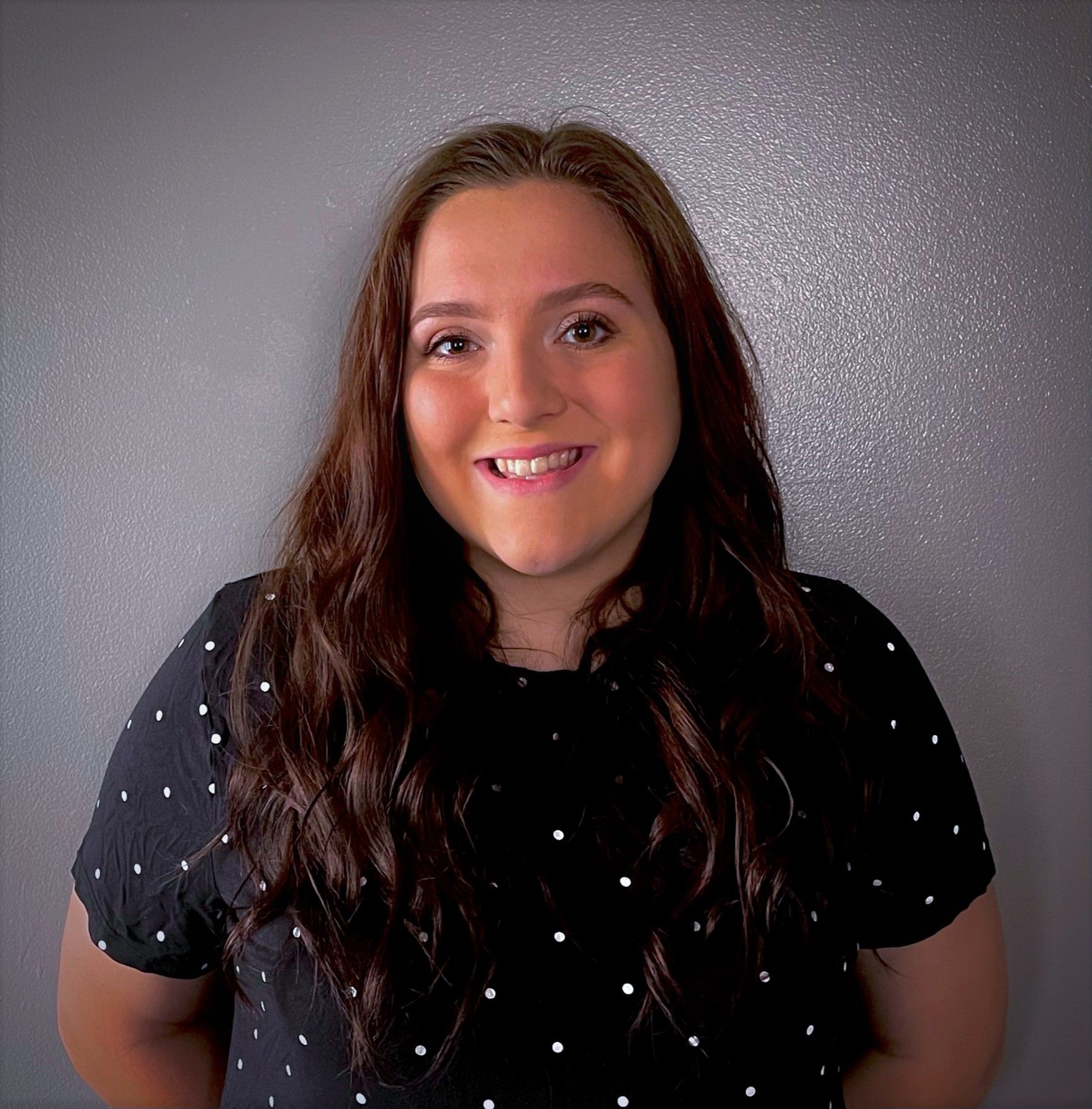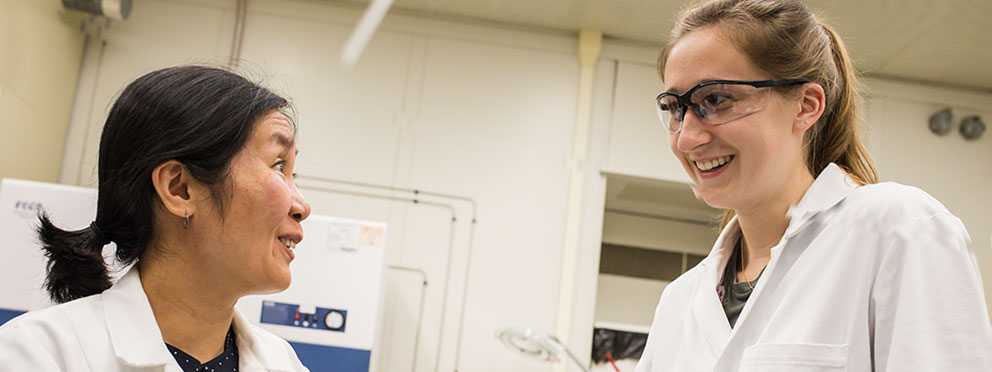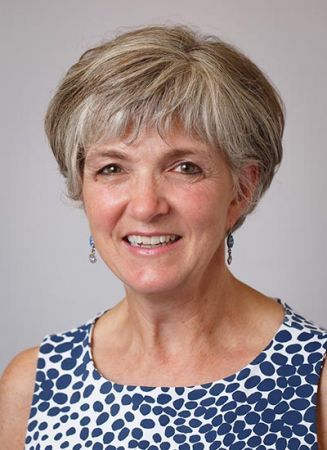Breaking an ankle is a tough way to discover what you want to do in life, but in Alicia Stein’s case it planted the seed that would grow into a career path.
When Stein was in middle school in Pennsylvania, she fractured her ankle three months before a big competition in Orlando.
“I was a competitive dancer and twirler, so I was doing a front walkover on a trampoline and I twisted my ankle—and it just popped,” recalls Stein, who is currently working on a master’s degree in bioengineering at Lehigh University’s P.C. Rossin College of Engineering and Applied Science. “I had to get surgery and a metal plate two months before I had to leave for Disney World, so I had to get up and walk before then.”
The process of “learning how to walk is what made me think about people with prosthetic devices who don’t have the mobility that I had,” she says.
Initially, Stein thought she wanted to go into physical therapy. As an undergraduate, she majored in sport and exercise physiology and developed a passion for her minor field: biomechanics.
“I actually fell in love with biomechanics and understanding movement,” Stein says. “Then I realized that rather than working with amputees to help them learn to walk, I wanted to help build prostheses to enhance their quality of life.”
That realization led her to pursue graduate studies in Lehigh’s bioengineering program. She expects to graduate with an MS in December.
“I’m not taking as many classes as a lot of other people in the program, only because I do have to work a little harder because I don’t have that engineering background,” she says. “That’s a good thing about the program—it is very flexible, you can do it at your own pace. So I’m doing a year and one semester.”
That flexibility is especially helpful because Stein is also working part time as a medical technician at St. Luke’s University Health Network. She likes the small class sizes and accessibility of faculty and the fact that the caliber of the students requires her to up her game.
“If you need help with something, you can go to anyone,” she says. “That’s what I was looking for in a school. Everyone is so intelligent that it’s pushing me to want to learn everything I don’t know about the discipline.”
Her advisor is Susan Perry, a professor of practice in the bioengineering department who directs its master’s degree program. Stein says that Perry, who also serves as assistant dean for academic affairs in the Rossin College, “has been the most amazing person throughout this entire process. She’s helped me with anything I need.”
Stein is taking a class in nanotechnology where she’s learning how to test DNA. She is also taking two biomaterials courses about various substances that can be used in the body and how to ensure they don’t have adverse effects.
“Those classes were very beneficial in helping me learn about different materials I can use,” she says. “And how different materials interact with the body to make sure it doesn’t cause reactions.”
A quantitative biology course in biomachinery is showing her how to use math and biology to make calculations about how substances react in the body.
“Later on, I can use that to see how the prosthesis interacts with the body and the cells,” she explains.
Her goal of developing better prosthetic devices is also connected to personal experience.
“My dad was in the military,” she says, “so I know a lot of military people who come back with prosthetic limbs.” She says she wants improve the quality of life for people of all walks of life who have lost a limb.
After completing her graduate studies, Stein hopes to get a job in research and development.
And her eighth-grade self? Did she compete in the major dance and twirling competition in Florida two months after ankle surgery?
“I’m a very determined person,” Stein says. “I walked in and told the surgeon, ‘Yeah, we’re getting me up and walking in eight weeks.’ And he said, ‘That’s not happening.’ And I said ‘We’re going to do it.’”
"I did it,” she says. “It went really well. I think I placed in a couple of my events.”
—Margie Peterson is a freelance contributor for the P.C. Rossin College of Engineering and Applied Science



